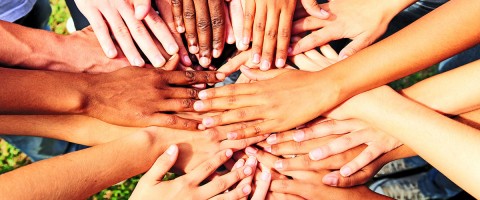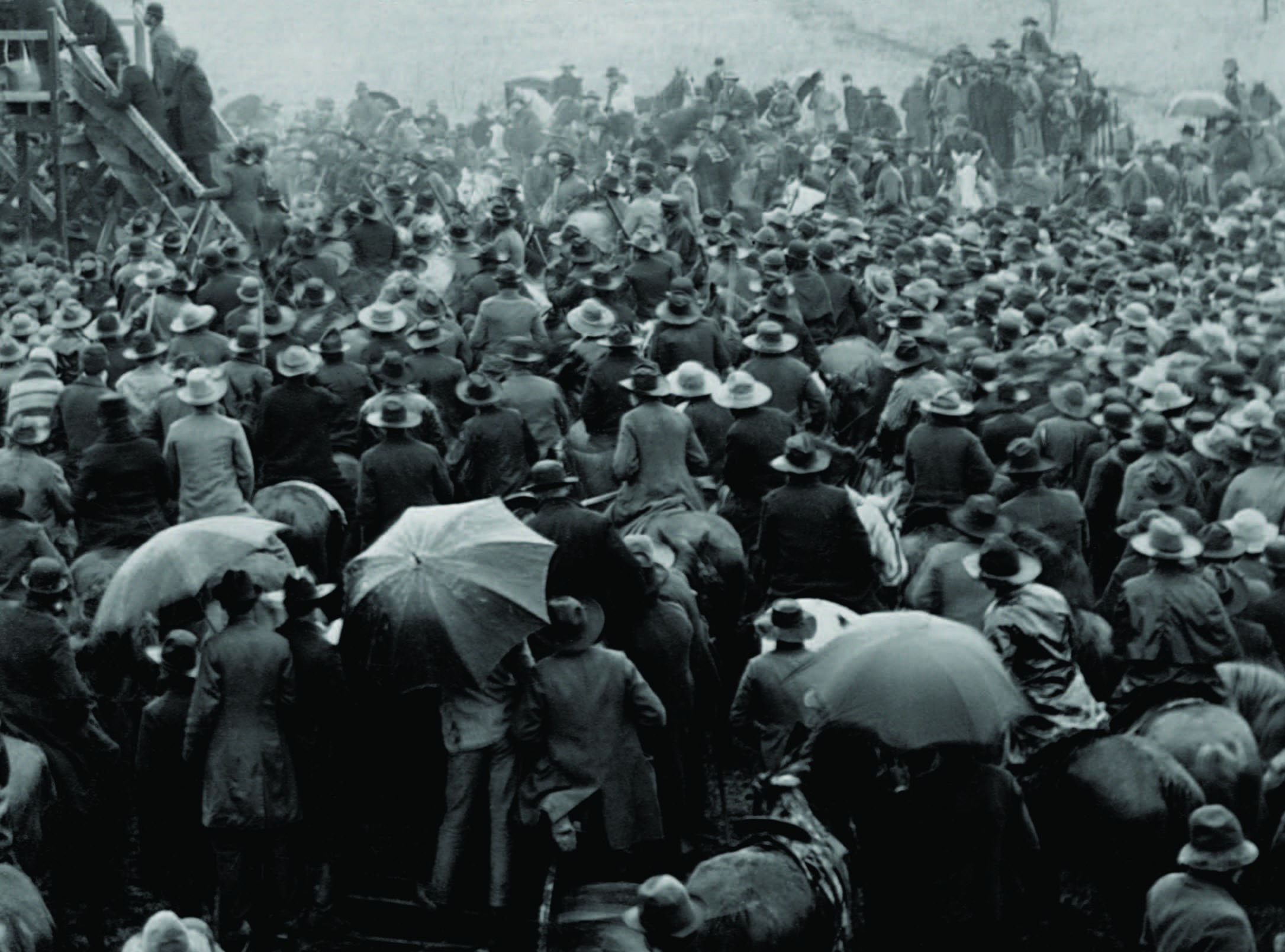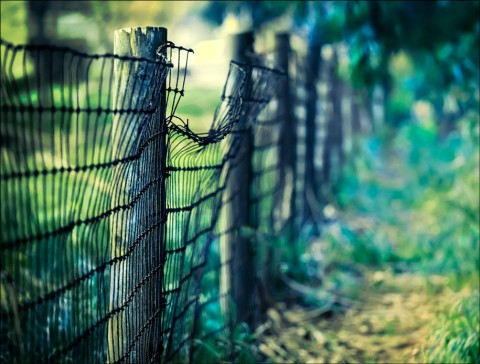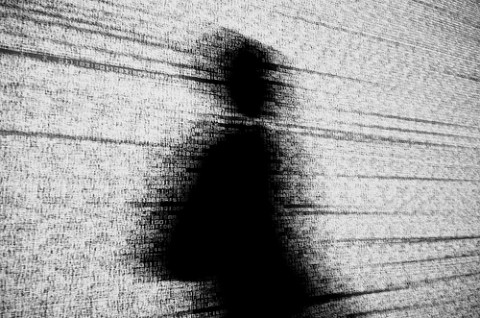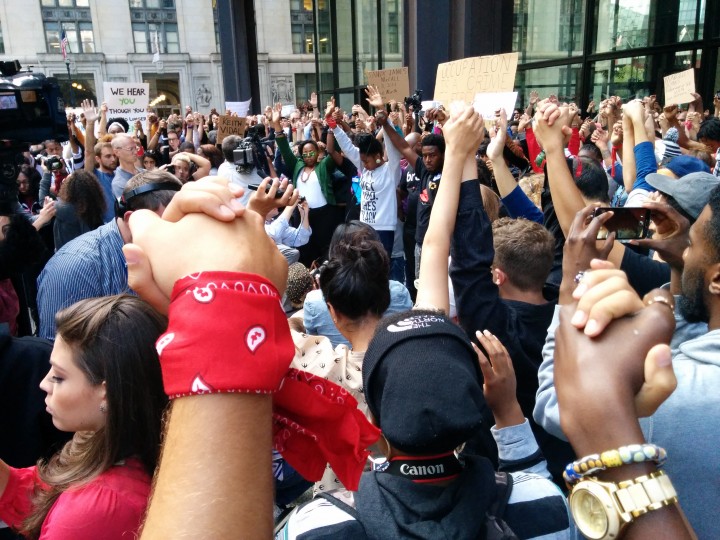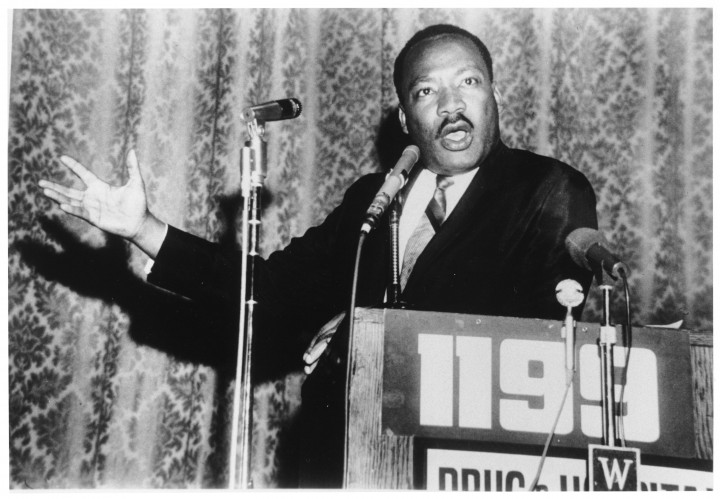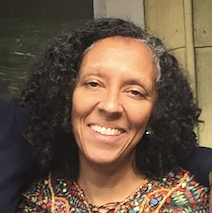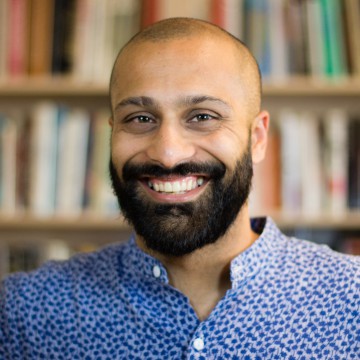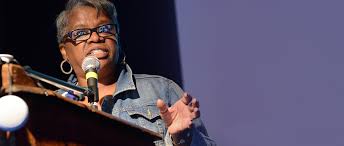
For the past three years, IISC has been privileged to partner with Food Solutions New England, under the convening of the Sustainability Institute at UNH, to develop a regional network to support a more just and sustainable food system. As part of this effort, we have pulled together a remarkable and dedicated Network Team, the members of which have taken it upon themselves to be champions, connectors, and strategists for this effort. Having released an ambitious Food Vision, FSNE is now reaching out to diverse partners across New England to make it a reality. The post below originally appeared on the FSNE blog, and is written by Network Team member and CEO of the Witness Project of Connecticut, Marilyn Moore. Marilyn is a strong advocate for racial and health equity and lives in Bridgeport, CT. She was recently elected to the Connecticut State Senate where she is Chair of the Human Services Committee and Vice Chair of the Environment Committee. Her message and ongoing work speak to the importance of putting equity at the center of our efforts to create sustainable systems for food, health, and economy.
More than 15 years ago I began educating women about breast cancer mortality and early detection. Most of my outreach centered around African American women who suffer the highest mortality even though the incidence is higher in white women than black women.
As a lay person, I find that what I don’t know allows me to look at issues from a common sense approach and ask those dumb questions. If every woman gets screened early why are their outcomes so bad? Sometimes the reason is the state of their health and when it is poor, they have poorer outcomes.
After educating over 15,000 women and witnessing first-hand how much they suffer through cancer and sometimes die, I learned that many of their outcomes were poor due to their overall general health. African Americans suffer from high rates of diabetes, heart disease, and cancer. Some of these women are battling more than one disease at a time. When a friend, who had her first chemo treatment, died at age 42 from a heart attack, I learned she was also diabetic and her diet lacked fresh fruits and vegetables.
We are surrounded by food deserts, the bodegas where most inner city people without transportation shop, don’t offer many healthy choices. Fresh fish, vegetables, and fruits are not available, cost prohibitive, and in the corner stores, unattractive. Urban communities need more local, affordable, and culturally appropriate foods.
As we look towards producing 50% of our food in the New England states by 2060 we must be mindful that if we are going to be inclusive, we must consider those who suffer the greatest health disparities. It’s not only about the right foods being available, but that we all have access.
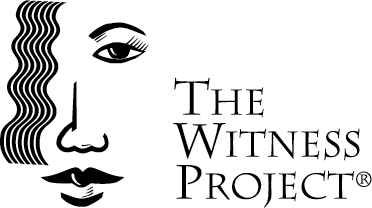
December 18, 2014
“The way of the Essentialist means living by design, not by default.”
– Greg McKeown

I’m currently reading Greg McKeown’s book Essentialism: The Disciplined Pursuit of Less, which I’ll admit I had been tempted to look at earlier in the year and then decided not to for a couple of reasons. First of all, to me the sub-title smacked of a certain level of privilege, given that there are so many people who need more not less – more resources in the face of poverty, more fundamental regard for their humanity and rights in the face of injustice. In addition and seemingly validating of my initial wariness, the book’s opening stories focus on Silicon Valley executives and other corporate players. And yet at the same time I was pulled in by this notion of “essentialism,” embodied in one of the opening quotes attributed to writer, linguist and inventor Lin Yutang:
The wisdom of life consists in the elimination of non-essentials.
Read More
December 4, 2014
In a recent TEDx talk, attorney and diversity consultant Verna Myers shares powerful stories and three concrete ways we can all intervene on our own and others’ biases and help stop the violence against young black men:
- “Get out of denial!” Acknowledge unconscious bias; “stare at awesome black people!” and look for data that discomfirms stereotypes.
- “Move toward young black men instead of away from them. Go away from your comfort into a bigger, brighter thing.”
- “When see something, we have to have the courage to say something, even to the people we love … and not shelter our children from the ugliness of racism. We have an amazing country with incredible ideals … but we are not done yet …
November 26, 2014
 It is hopefully a sign of things to come. Last night, a multiracial, multigenerational crowd of 3,000 – 5,000 took to the streets of Boston, shutting down parts of the city as part of a protest organized by #BlackLivesMatter Boston (@BLM_Boston). Read More
It is hopefully a sign of things to come. Last night, a multiracial, multigenerational crowd of 3,000 – 5,000 took to the streets of Boston, shutting down parts of the city as part of a protest organized by #BlackLivesMatter Boston (@BLM_Boston). Read More
November 26, 2014
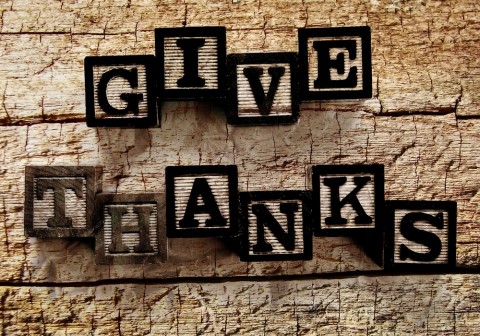
I have earned a reputation among family and friends as being “no fun” or “too serious” for pointing out the oppressive underpinnings of many elements of popular culture and U.S. traditions. At the risk of reinforcing that reputation, I want to offer a few reflections as Thanksgiving approaches. Read More
